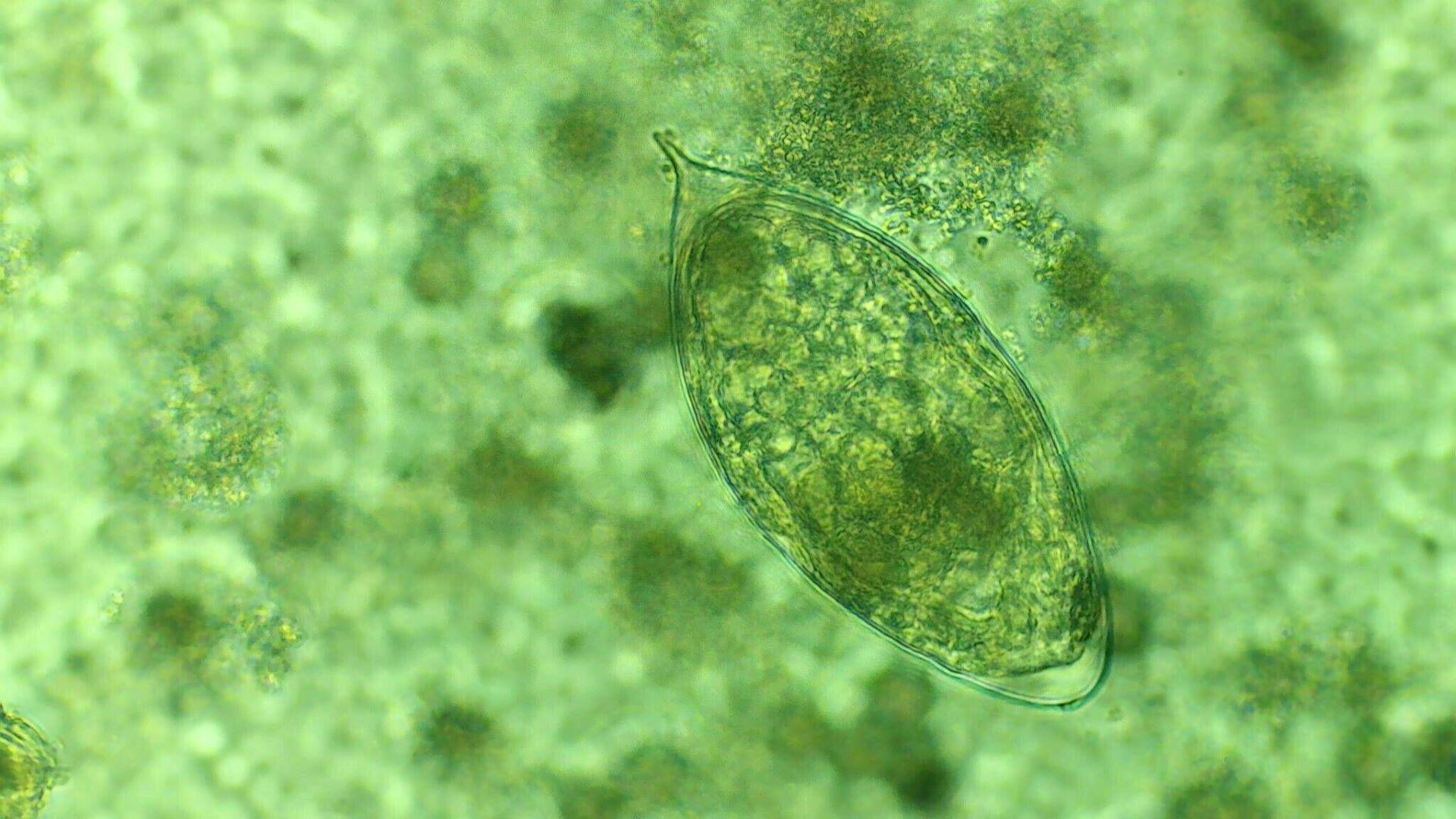
By Dr Sekeleghe Kayuni, Honorary Lecturer in Parasitology.
Liverpool recently hosted two major scientific meetings: the British Society for Parasitology (BSP) Annual Spring meeting at the University of Liverpool and the Royal Society of Tropical Medicine (RSTMH) Research in Progress (RiP) meeting at Liverpool School of Tropical Medicine (LSTM).
This year's BSP Spring meeting drew over 500 parasitologists from across the globe who discussed the latest findings in parasite biology and progress in disease control. The scientific sessions covered the complete parasitological spectrum, from discovering the basic principles of parasite biology and the latest trends in parasite research, including infection models and artificial Intelligence, to applied parasitology for controlling disease.
The HUGS (Hybridisation in urogenital schistosomiasis) research team presented findings from animal, snail, and human surveys in Nsanje and Mangochi districts, which looked for hybrid and mixed genital schistosomiasis infections.
I presented my work on the occurrence of hybrid and mixed genital schistosomiasis with associated infections in men and women of Nsanje and Mangochi districts in Southern Malawi.
Schistosomiasis is a neglected tropical disease that is seldom described and often overlooked. I showcased the results from 22 male and 87 female participants recruited into our study, which revealed higher prevalences of male and female genital schistosomiasis (72.7% MGS and 54.0% FGS) in Nsanje and Mangochi communities.
Furthermore, a significant number of participants had mixed infections with zoonotic schistosomes, while one had a hybrid infection emphasising the importance of zoonotic schistosomiasis control.
My HUGS colleagues also presented fascinating talks and posters at the meeting.
- Professor Janelisa Musaya gave an inspiring Keynote presentation titled 'A Tale of Schistosomiasis in Malawi: From Burden to Prevention, ' which described the progress of schistosomiasis control in Malawi.
- Dr Alexandra Juhasz gave a talk on 'Bovine schistosomiasis in Malawi's emerging public health problem: revealing zoonotic haematobium hybrid', sharing the findings from the animal surveys conducted in the HUGS project.
- Dr Lucas Cunningham presented 'Opening a can of worms: Detecting zoonotic Strongyloides species within strongyloidiasis',
- Dr Sarah Rollason discussed 'A vaccine dose and a worm's host: Malaria vaccination in a schistosome-endemic region of Malawi',
- John Archer showed his poster on 'Molecular diagnosis of intestinal schistosomiasis: An overview of current protocols and what is needed, highlighted using data from a Schistosoma mansoni and Schistosoma haematobium co-endemic area' and
- Sam Jones prepared a poster on 'A First Report of Pseudosuccinea columella (Say, 1817), an Alien Intermediate Host of Liver Fluke in Malawi'.
Formed in 1962, the BSP is a central networking and meeting point for many professional, student, and amateur parasitologists throughout the UK and the world. Its growing membership includes over 900 people from 182 institutes and organisations, over 55% of which are in low—and middle-income countries.
The RSTMH is a charity and membership society in the UK dedicated to improving tropical medicine and global health since 1907. Its members come from 90 countries at various stages of their careers and work in a multitude of disciplines and sectors. RSTMH aims to save lives and improve health around the world through increased access to and greater equity in global healthcare.
Their RiP meeting, delivered in partnership with LSTM and RSTMH, drew over 50 delegates, specifically early career investigators, presenting their unpublished research in progress in all fields of tropical medicine and global health.
I presented my work on the "Presence of hybrid and mixed genital schistosomiasis with associated infections in men and women of Nsanje and Mangochi districts in Southern Malawi", giving an in-depth look at the HUGS project and the genital schistosomiasis study conducted in the study areas in Nsanje and Mangochi districts. In addition to the MGS and FGS findings from the study, the talk shared results on other associated genital infections, specifically sexually transmitted diseases. These infections have similar symptoms, resulting in misdiagnosis, underdiagnosis, and mismanagement of MGS and FGS. These findings are currently being drafted into manuscripts for submission to peer-reviewed journals and will hopefully be published before the end of 2024.
The meeting also hosted excellent keynote speakers: Dr Natalie Roberts, Executive Director of Médecins Sans Frontières UK (MSF), who spoke about their work on humanitarian health and Professor Jonathan Ball, Deputy Director of LSTM and Professor of Molecular Virology, who spoke on HIV, emerging virus infections and his experience in higher education leadership roles.
During the same RiP meeting, Dr Angus More O'Ferrall, a HUGS-affiliated PhD student, also gave a talk titled 'A first look at freshwater snail faecal metagenomes and reservoirs of antimicrobial resistance (AMR) in Malawi', presenting novel findings from work being carried out in Dr Adam Roberts' lab at LSTM to characterise AMR transmission in freshwater environments.
At the end of the BSP Spring meeting, the BSP council announced that HUGS team members Seke, John, James, Janelisa, and Russ will organise the next Autumn Symposium, to be held on 4 September 2024. The entire HUGS team is very grateful to have been given the honour of organising a symposium focusing on genital schistosomiasis.